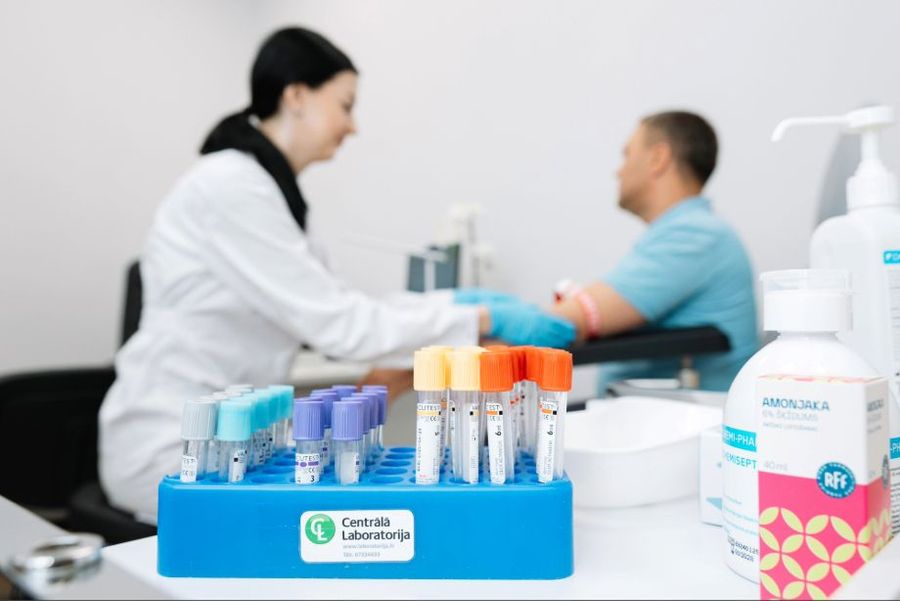Having become the most modern laboratory in the Baltics, Centrālā Laboratorija continues to introduce new tests that expand the possibilities of laboratory diagnostics and serve as a foundation for effective prevention and treatment.
“We continue to invest in new services to provide every resident of Latvia with modern and personalised healthcare solutions. The automated laboratory we opened this spring allows us to operate even more efficiently and enables our specialists to take a more active role in introducing innovative diagnostic tests,” says Zane Kaktiņa, Chair of the Board at SIA Centrālā Laboratorija.
Centrālā Laboratorija is the first and only facility in Latvia to offer fine fibre immunohistochemical analysis of skin punch biopsies using PGP 9.5 antibodies. According to international clinical guidelines, this is the gold standard for diagnosing small fibre neuropathy. Small nerve fibres are responsible for pain and temperature sensitivity and influence the functioning of various organs; damage to these fibres can lead to neuropathy symptoms such as persistent pain, numbness, or sensory disturbances in the hands and feet. The test introduced by Centrālā Laboratorija enables evidence-based diagnosis and treatment, representing a significant benefit for patients who previously could not access appropriate therapy due to limited diagnostic options.
Additionally, Centrālā Laboratorija now offers a genetic risk test for Alzheimer’s dementia, which identifies variants of the apolipoprotein E (APOE) gene associated with the disease’s development. While genetic predisposition does not guarantee that a person will develop Alzheimer’s, being aware of it allows individuals to take early action. Approximately 40% of risk factors can be reduced through lifestyle adjustments and by managing other conditions, such as high blood pressure, diabetes, or obesity.
The laboratory continues to modernise its testing systems to ensure faster and more precise results. For example, bacterial infections in urine can now be identified within 3–6 hours, compared to the previous turnaround of 2–3 days. This enables timely treatment where needed and helps to avoid unnecessary use of antimicrobials and reduce antibiotic resistance. Through these innovations, Centrālā Laboratorija continues to expand access to modern, high-quality, and convenient diagnostics for people across Latvia.
